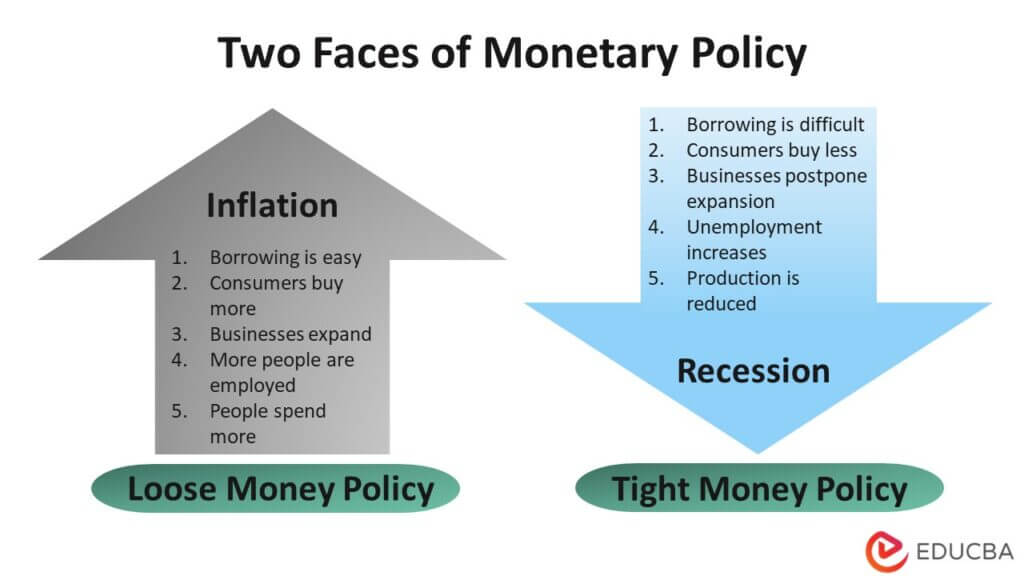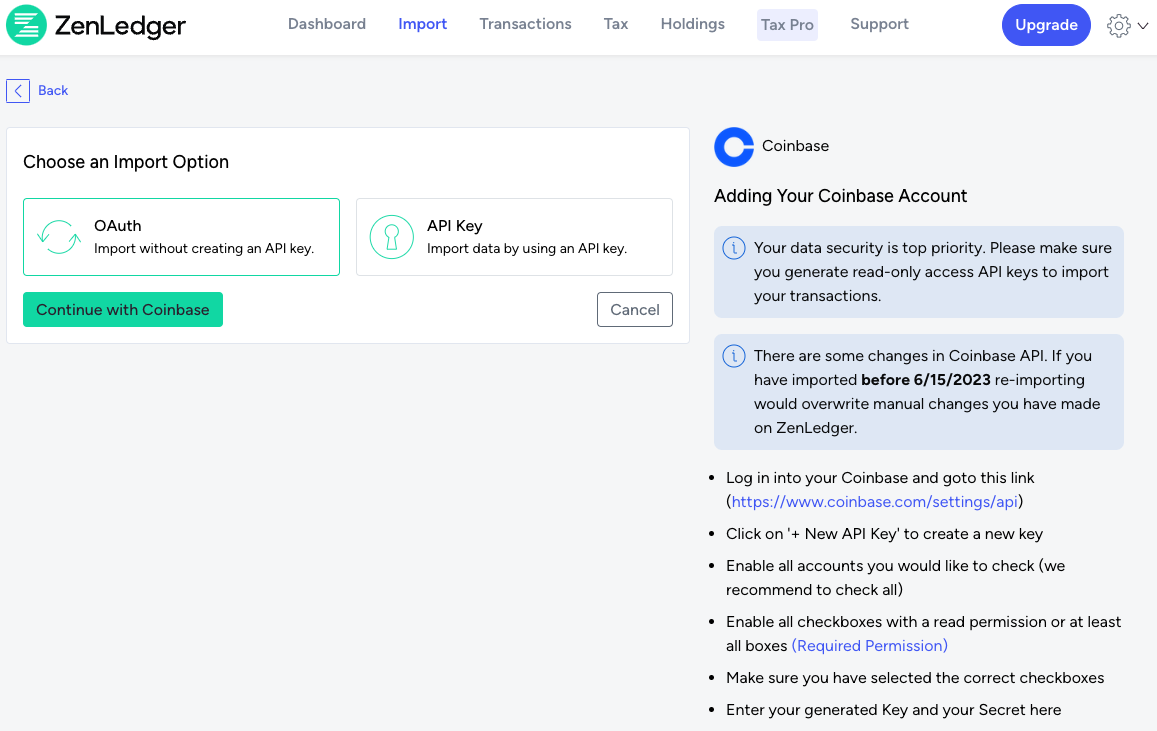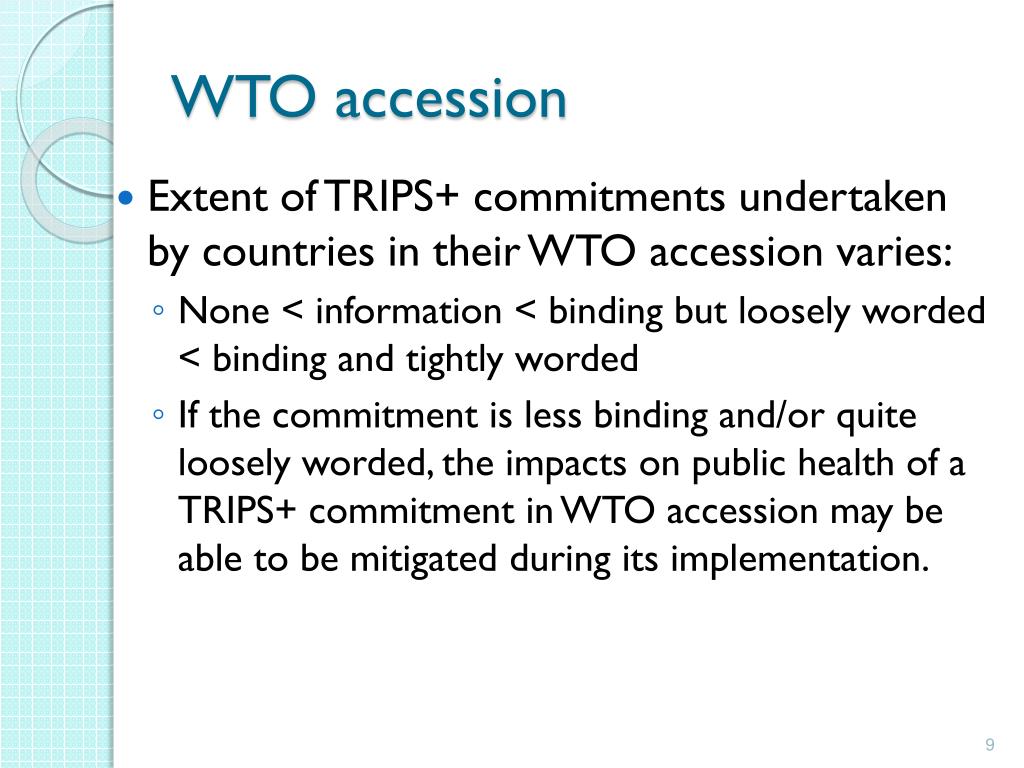Germany's Leadership In Europe: The Chancellor's Challenge

Table of Contents
Economic Powerhouse: Navigating Global Uncertainty
Germany's economic strength is a cornerstone of the European Union's stability, but it also presents unique challenges for its leadership. The country's robust industrial base and export-oriented economy significantly influence the overall health of the Eurozone.
The Burden of Economic Strength
Germany's economic heft carries a significant responsibility for maintaining EU stability. Its decisions have far-reaching consequences for other member states.
- Managing the Eurozone Crisis: Germany played a crucial role in navigating the Eurozone debt crisis of the 2010s, providing financial assistance and implementing austerity measures. However, its approach was often criticized for its perceived harshness and lack of sufficient consideration for social consequences in other nations. This highlighted the inherent tension between fiscal responsibility and social solidarity within the EU.
- Impact of German Economic Policies: Germany's economic policies, particularly its emphasis on fiscal conservatism and export-led growth, have a ripple effect across the EU. While beneficial in many respects, these policies can also create trade imbalances and economic disparities between member states, necessitating careful consideration and proactive mitigation strategies.
- Global Economic Fluctuations: Global economic uncertainty, including inflationary pressures and the ongoing energy crisis exacerbated by the war in Ukraine, presents significant challenges to Germany's economic stability and, consequently, its ability to support the EU. Managing these fluctuations requires sophisticated economic diplomacy and collaborative strategies with other EU partners.
Balancing National Interests with EU Solidarity
Navigating the complexities of German national interests while simultaneously supporting EU-wide initiatives is a constant balancing act for the Chancellor.
- Policy Disagreements: Germany often finds itself at the heart of policy disagreements within the EU, particularly regarding fiscal policy and the distribution of resources. These disagreements can hinder effective decision-making and require skillful negotiation and compromise.
- Fiscal Responsibility vs. Social Programs: Balancing the need for fiscal responsibility with the provision of adequate social programs across the EU is a perennial challenge. Germany's emphasis on fiscal discipline sometimes clashes with the needs of countries facing higher social costs or economic hardship, necessitating a nuanced approach to support and resource allocation.
- EU Budget Negotiations: Germany's significant contributions to the EU budget give it considerable influence in budget negotiations. However, this influence necessitates responsible leadership in ensuring fair and equitable distribution of funds across the union, a task often met with differing opinions and priorities among member states.
Geopolitical Influence: A Changing Landscape
Germany's geopolitical influence is being reshaped by a rapidly changing global landscape. The war in Ukraine has profoundly impacted its foreign policy and its role within the EU.
Russia's War in Ukraine and its Repercussions
The war in Ukraine has forced a fundamental reassessment of Germany's foreign and security policy.
- Energy Dependence on Russia: Germany's historical reliance on Russian energy has been exposed as a major vulnerability. The war has accelerated efforts to diversify energy sources and reduce dependence on Russia, requiring significant investments and a strategic realignment of energy policy.
- Military Spending and NATO: The war has spurred increased military spending in Germany and a renewed commitment to NATO. This shift in defense posture reflects a recognition of the need for a stronger European defense capability and a more assertive role in maintaining regional security.
- Aid to Ukraine and International Sanctions: Germany has provided significant humanitarian and financial aid to Ukraine and actively participates in international sanctions against Russia. This demonstrates a commitment to supporting Ukraine's sovereignty and upholding international law but also presents complex economic and diplomatic challenges.
Navigating Relations with Other European Powers
Maintaining strong alliances and fostering cooperation with other European powers is critical for effective EU leadership.
- Germany-France Relationship: The relationship between Germany and France is central to the EU's functioning. Maintaining a strong and collaborative partnership is essential for effective decision-making and the advancement of common EU objectives.
- Differing National Agendas: Addressing differing national agendas within the EU requires skillful diplomacy and compromise. Germany’s leadership involves navigating conflicting viewpoints and finding common ground on complex issues to ensure progress towards shared goals.
- Fostering Cooperation and Resolving Conflicts: Germany's role in resolving internal conflicts and fostering cooperation within the EU is crucial for maintaining unity and stability. Active engagement and effective mediation are essential for successful outcomes.
Domestic Politics and European Leadership
Germany's domestic political landscape significantly influences its ability to exert effective leadership within the EU.
Public Opinion and Support for European Integration
Public sentiment towards European integration directly impacts Germany's engagement in EU affairs.
- Public Support for the EU: Fluctuations in public support for the EU in Germany can affect the government's willingness to take bold steps in advancing European integration. Maintaining public support requires transparent communication and demonstrable benefits from EU membership.
- Domestic Political Debates: Domestic political debates often shape Germany's stance on EU issues. The Chancellor must navigate these debates effectively to ensure a coherent and unified national approach to European policy.
- Balancing Domestic and European Priorities: The Chancellor faces the continuous challenge of balancing domestic priorities with the demands of European leadership. Prioritizing effectively is crucial for maintaining domestic support while fulfilling Germany's responsibilities within the EU.
Coalition Politics and Decision-Making
Germany's coalition governments can create complexities in decision-making within the EU.
- Negotiating Policy Decisions: Negotiating policy decisions within a coalition government can be time-consuming and sometimes lead to compromises that weaken Germany's position in EU discussions.
- Internal Political Dynamics: Internal political dynamics can significantly affect Germany's stance on EU issues, potentially leading to inconsistencies and uncertainty in its actions on the European stage.
- Impact of Political Instability: Potential political instability in Germany can hinder its ability to provide consistent and decisive leadership within the EU. Stability in domestic politics is crucial for maintaining a strong and reliable voice in European affairs.
Conclusion
Germany’s leadership in Europe is a complex and multifaceted challenge for the Chancellor. Successfully navigating the economic, geopolitical, and domestic complexities requires strong leadership, strategic decision-making, and a clear understanding of both national and European interests. The Chancellor must find a balance between pursuing Germany's national interests and fostering cooperation and solidarity within the EU. Understanding the intricacies of Germany's leadership in Europe is crucial for anyone following European politics and global affairs. Further research into the specific policies and actions of the Chancellor, as well as the evolving dynamics within the EU, will provide a more comprehensive understanding of this pivotal role and its impact on the future of Europe.

Featured Posts
-
 Find The Winning Lotto Numbers Saturday April 12th Draw
May 07, 2025
Find The Winning Lotto Numbers Saturday April 12th Draw
May 07, 2025 -
 Negative Inflation In Thailand Further Monetary Policy Easing Likely
May 07, 2025
Negative Inflation In Thailand Further Monetary Policy Easing Likely
May 07, 2025 -
 From Mocking Crypto To Making Millions Trumps Unexpected Crypto Journey
May 07, 2025
From Mocking Crypto To Making Millions Trumps Unexpected Crypto Journey
May 07, 2025 -
 Konklawe Nieznane Fakty I Procedury Wyboru Nastepcy Swietego Piotra
May 07, 2025
Konklawe Nieznane Fakty I Procedury Wyboru Nastepcy Swietego Piotra
May 07, 2025 -
 Knicks Vs Cavaliers Match Preview And Winning Prediction
May 07, 2025
Knicks Vs Cavaliers Match Preview And Winning Prediction
May 07, 2025
Latest Posts
-
 Steph Currys All Star Game Victory Overshadows Format Debate
May 07, 2025
Steph Currys All Star Game Victory Overshadows Format Debate
May 07, 2025 -
 Building Resilience In Least Developed Countries A Pathway To Sustainable Development
May 07, 2025
Building Resilience In Least Developed Countries A Pathway To Sustainable Development
May 07, 2025 -
 Curry Caps All Star Weekend With Championship Win Despite Format Criticism
May 07, 2025
Curry Caps All Star Weekend With Championship Win Despite Format Criticism
May 07, 2025 -
 Wto Accession Speed Up A Privilege Based Analysis
May 07, 2025
Wto Accession Speed Up A Privilege Based Analysis
May 07, 2025 -
 The Privilege Dilemma Implications For Wto Accession
May 07, 2025
The Privilege Dilemma Implications For Wto Accession
May 07, 2025
